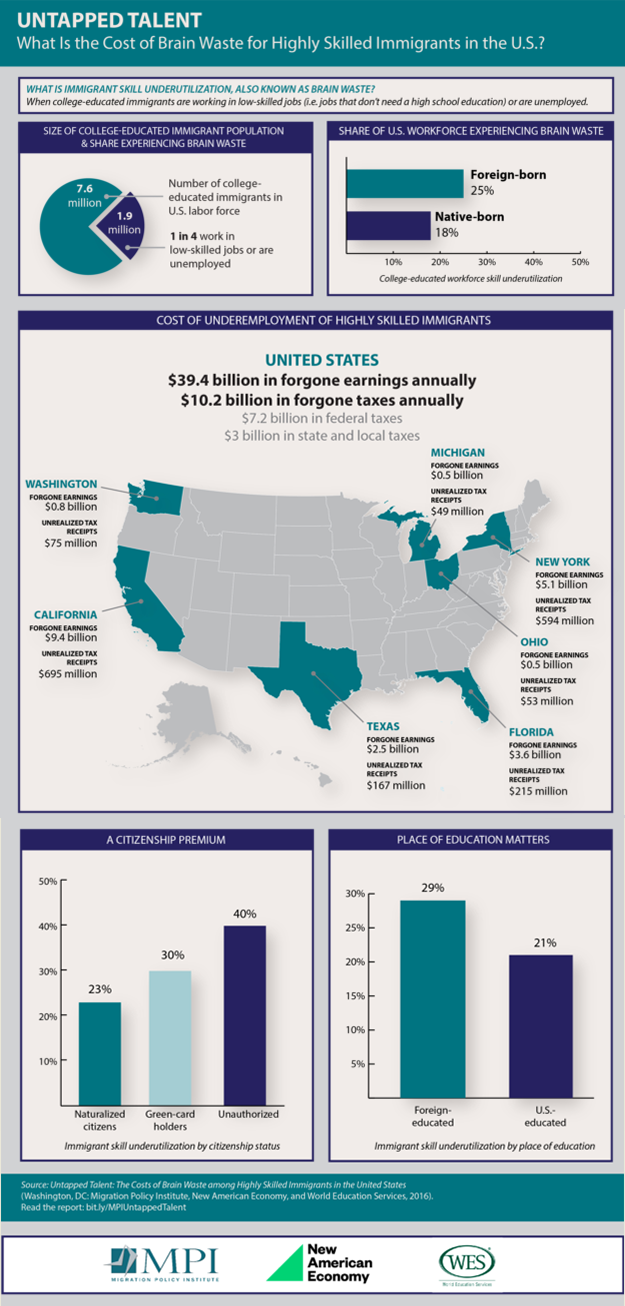

Watch Online Now
Making Buffalo Home
Immigration in a Welcoming City
Premiered April 24
on WNED PBS
TUNE IN OR STREAM
Rebroadcast
Saturday, April 25 at 6pm
Sunday, April 26 at 5:30pm
Wednesday, April 29 at 4:30am
At a time when the country is wrestling with the issue of immigration, Buffalo takes the stance that it is, and will remain, a welcoming city. In what ways have policies been shaped to support this idea in government and housing, language access, and economic development? This special looks at immigration in a welcoming city.
This WNED PBS original production features Host Andrea Ó Súilleabháin, Executive Director at the Partnership for the Public Good, as she welcomes guests from city government, an anti-housing discrimination group, academia, and members of the immigrant community for an engaging conversation on the topic.
Making Buffalo Home: Immigration in a Welcoming City premieres Friday, April 24th at 9pm on WNED PBS.
Who's Who In The Program
Andrea is the Executive Director at Partnership for the Public Good in Buffalo, NY. She leads PPG’s work on criminal justice reform and community policing, immigrant rights and language access policies, and the annual Community Agenda.
Mustaffa Aahangaran was among the thousands of Afghan interpreters who received a Special Immigrant Visa because of his work with the US Armed Forces in the fight against the Taliban. He and his family resettled in Buffalo, NY in 2016.
Diane Bessel, Ph.D., is an Assistant Professor of Social Work and the MSW Program Director at Daemen College. She also served on the team who collected and studied the data used in the City of Buffalo’s New American Study in 2016.
DeAnna Eason is the Executive Director of H.O.M.E., Housing Opportunities Made Equal. HOME provides comprehensive services for victims of housing discrimination, and advocates for safe and affordable housing in Buffalo.
Jessica Lazarin is the Deputy Corporation Counsel for the City of Buffalo Law Department and concurrently serves as Director of the City of Buffalo Office of New Americans, an office established by Mayor Byron W. Brown in April of 2015. The office is the first of its kind in Buffalo, and aims to ensure that Buffalo remains a welcoming city and a preferred resettlement site in the United States.
Originally from Burma, Ba Zan Lin is an active community leader in Buffalo, serving on the Board of Directors of Burmese Community Services and Partnership for the Public Good. He is also Co-Chair of the Buffalo Burmese Water Festival and has made Buffalo home since 2006.
Learn More About the Language Line
In February of 2016, the city of Buffalo released the results of a New Americans Study, and developed a strategic action plan to advance immigrant and refugee integration and success. Mayor Byron Brown talks in the report about why the study was necessary.
“The New Americans Study was undertaken to ensure that the city remains an attractive destination for immigrants and refugees. The study reflects a fundamental commitment to our newest residents and sends a strong message: we value and understand the contributions, and will work with our immigrant and refugee communities to address the unique challenges they face.”
One major finding in the study was the need to improve language access for residents in the community with limited English proficiency. While English language classes are taught at the resettlement agencies and through adult education providers, it takes time to learn how to read, write, and speak English. This is a challenge for both the limited-English speaking resident and any city official they may encounterwhen needing to communicate.
One program developed by the Office of New Americans, the Buffalo Police Department, and stakeholders in the immigrant community was the implementation of a Language Access Plan. It sets policy for members of the Buffalo Police Department and includes making sure that police officers receive training on how to use the Language Line. The Language Line is a service that immediately connects the resident needing to communicate, with an interpreter via telephone. It is available 24/7.
The police department created an information card that residents can fill out and carry with them. If they find themselves needing to communicate with law enforcement in any type of emergency, they can present this card and the officer knows they are in need of interpretation.
These cards are available at the Buffalo Police Department and through the Office of New Americans. The Language Access plan also sets policy for BPD members to utilize a number of other interpretation services; Bilingual BPD Members, Civilian Interpreters, and professional contract services, including in-person interpretation.
To learn more about Language Line, call Language Line Solutions 1(800) 752-6096 or go to www.languageline.com
The city of Buffalo also has a Guide to City Services available in Arabic, Karen, Nepali, Somali, and Spanish. You can download and print a PDF in the language of your choice.
Learn More About the Rental Crisis
In 2018, the National Low Income Housing Coalition found that a renter working full-time, earning minimum wage, had difficulty finding an affordable,typical two-bedroom apartment anywhere in the country. That includes the city of Buffalo, which has a reputation of being an affordable place to live. Rents have increased, while the increase in wages has not risen at the same pace.
What we know about the refugee and immigrant community is that often, their first job is an entry-level position. This makes it difficult to find safe and affordable housing for their families. However, over time, as part of building their American dream, the immigrant community tends to move toward homeownership. In a bit of irony, this has had an impact on the overall housing crisis.
According to the New American Economy, immigrant families have long played an important role in helping to build housing wealth in the United States. Much of this is possible because immigrants move into neighborhoods once in decline, like on the West side of Buffalo, helping to revitalize communities and make them more attractive to U.S.-born residents.
Read more about immigrants and the economy here.
Resources For Tenants and Property Owners
As a renter or a tenant, it is important to understand your rights and responsibilities. Whether you are a new renter and have questions or you are a property owner looking for assistance in making home improvements, here are some local resources that can give you more information.
Housing Opportunities Made Equal (H.O.M.E.) is a non-profit agency in Western New York providing services for victims of housing discrimination.
Heart of the City Neighborhoods offers guidance and programming to property owners and tenants.
https://www.hocn.org/resources/rental
Neighborworks Community Partners – Buffalo assists people in the homeownership process.
Learn More About How Brain Waste Impacts an Economy

What is “brain waste?” According to Migration Policy Institute, “barriers to the recognition of foreign academic and professional credentials and experience impede immigrant integration. The result can be underemployment or unemployment for foreign professionals—a phenomenon referred to as ‘brain waste.’”
Refugees and immigrants may come to the United States with degrees, certificates, and work experience that demonstrates qualification for high-paying, skilled employment. If those degrees and certificates are not transferrable, a newcomer has fewer options for comparable employment. This is why you might see someone who was a doctor or dentist in their home country working as a cab driver or janitor. Not only does this phenomenon have an impact on the individual, underemployment can be measured in lost revenue - income that fuels the American economy.
In addition to an economic impact, the fact remains that the U.S. workforce is aging. Baby boomers are retiring by the millions and the birthrate is declining. Moreover, while Pew Research tells us that people are working longer than they ever have, the country is still facing a labor shortage in the coming decade. At the same time, the U.S. economy is becoming ever more knowledge-based. The institute put out a report in 2019 that goes into detail about the impact credentialing immigrants could have on the economy and the labor force.
https://www.migrationpolicy.org/research/credentials-immigrant-origin-adults-united-states

Making Buffalo Home is a two-year, in-depth Buffalo Toronto Public Media engagement initiative to inform and raise awareness of immigration for our entire community. The project aims to help the region develop a better understanding of the shared opportunities and challenges we face together as long-time residents and new immigrants and refugees.
Making Buffalo Home is funded by Rich Products Corporation and Rich Family Foundation.